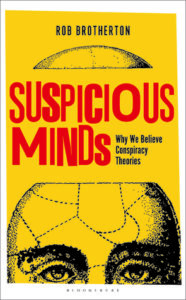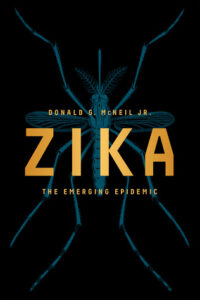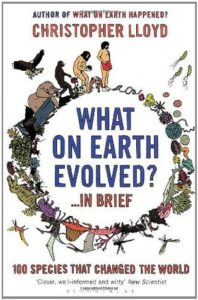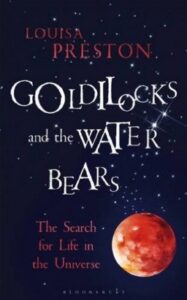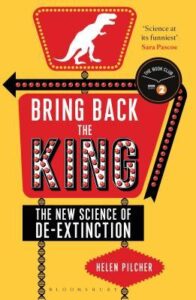 The Emperor of All Maladies, Siddhartha Mukherjee
The Emperor of All Maladies, Siddhartha Mukherjee
The Emperor of All Maladies used to scare me. Just the idea of a whole book about cancer kinda gave me the heebie-jeebies. Generalised anxiety disorder and three grandparents dead of cancer will do that, I guess. Luckily, I’ve turned a corner and reading this just fascinated me — my only regret being that it isn’t quite up to date on the latest in cancer treatments, stuff which I know about from my medical transcription work that isn’t always even past the phase II trial stage yet. The way the doctors I transcribe talk about that… well, I’d love to know more.
Still, there’s a lot here: a history of what we’ve known about cancer from ancient history to the time of publication, with meticulous footnotes. It’s illustrated with some case studies, patients of Mukherjee’s, which help to contextualise the treatments mentioned or the cancers being studied. His fascination with the disease is clear, but also his compassion for his patients, though I never found it sentimentalised.
It’s a little dense and probably slow going if you’re not used to reading non-fiction, or if the subject matter is unfamiliar. I was delighted that I could follow pretty much all of it, even when he discussed statistics (the bane of my biology degree); I found it pretty impossible to put down, because I had to keep finding out more. As the best non-fiction always does with me, I ended the book by wanting Mukherjee’s job.


